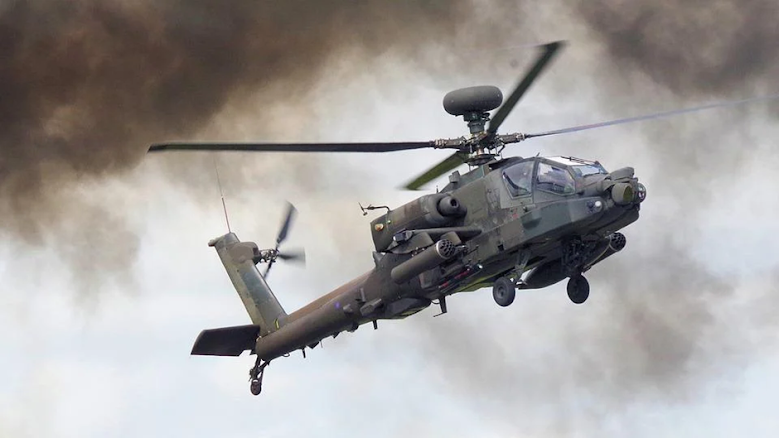The sale, which includes 23 Chinook
helicopters, engines, and spare components, was announced by the State
Department.
On Thursday, US President Joe Biden's cabinet
approved a $2.6 billion military deal to Egypt, including helicopters and other
facilities that Cairo had requested.
There are 23 CH-47F Chinook helicopters for
sale, as well as 56 engines and other components. The State Department has
informed Congress of the sale of the equipment.
According to the government, the sale to a keyMiddle Eastern partner is in America's best interests.
The State Department stated,
"This
proposed sale will support the foreign policy and national security of the
United States by helping to improve the security of a major non-Nato ally that
continues to be an important strategic partner in the Middle East.”
The weapon would increase Egypt's
heavy-lifting capability, allowing it to strengthen its homeland defense and
deter regional threats, according to
Washington.
The department stated, "Egypt will have
no trouble adopting these equipment plus services into its military
forces."
It stated that the sale will not change the
region's essential strategic balance, referring to Israel's military dominance.
Boeing Helicopter will be the main contractor
for this sale. The deal now has 30 days to be reviewed by Congress, but it does
not need their approval to go through.
Last Monday, the US approved the sale of over
5,000 Tow anti-tank missiles to Egypt, as well as support equipment including
spare parts, as well as test instruments.
In January, the Biden government announced a
$2.2 billion sale of C-130 Super Hercules planes to Egypt, but the sale was
rejected in the Senate by Republican Rand Paul and Democrats.

Comments
Post a Comment